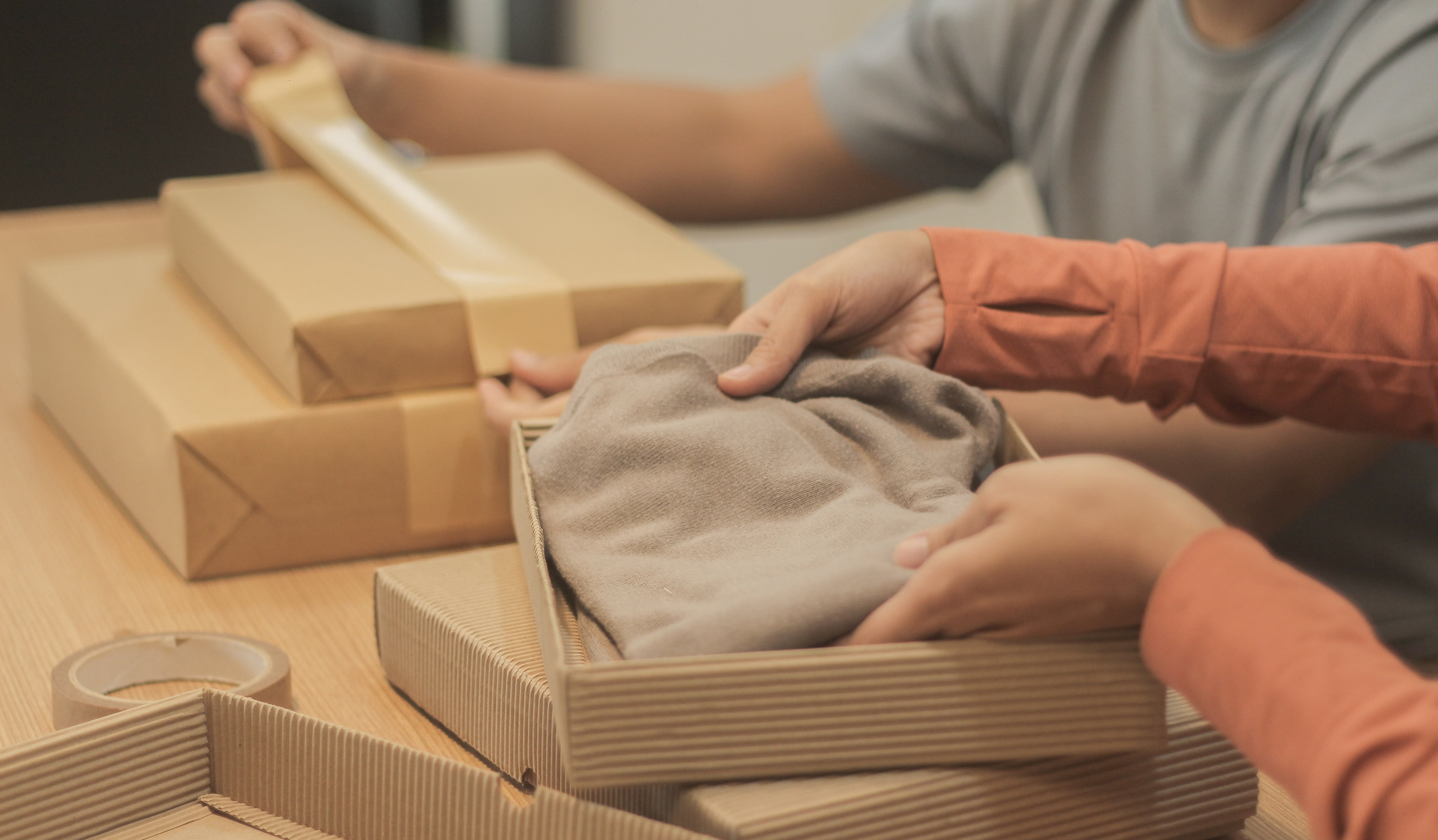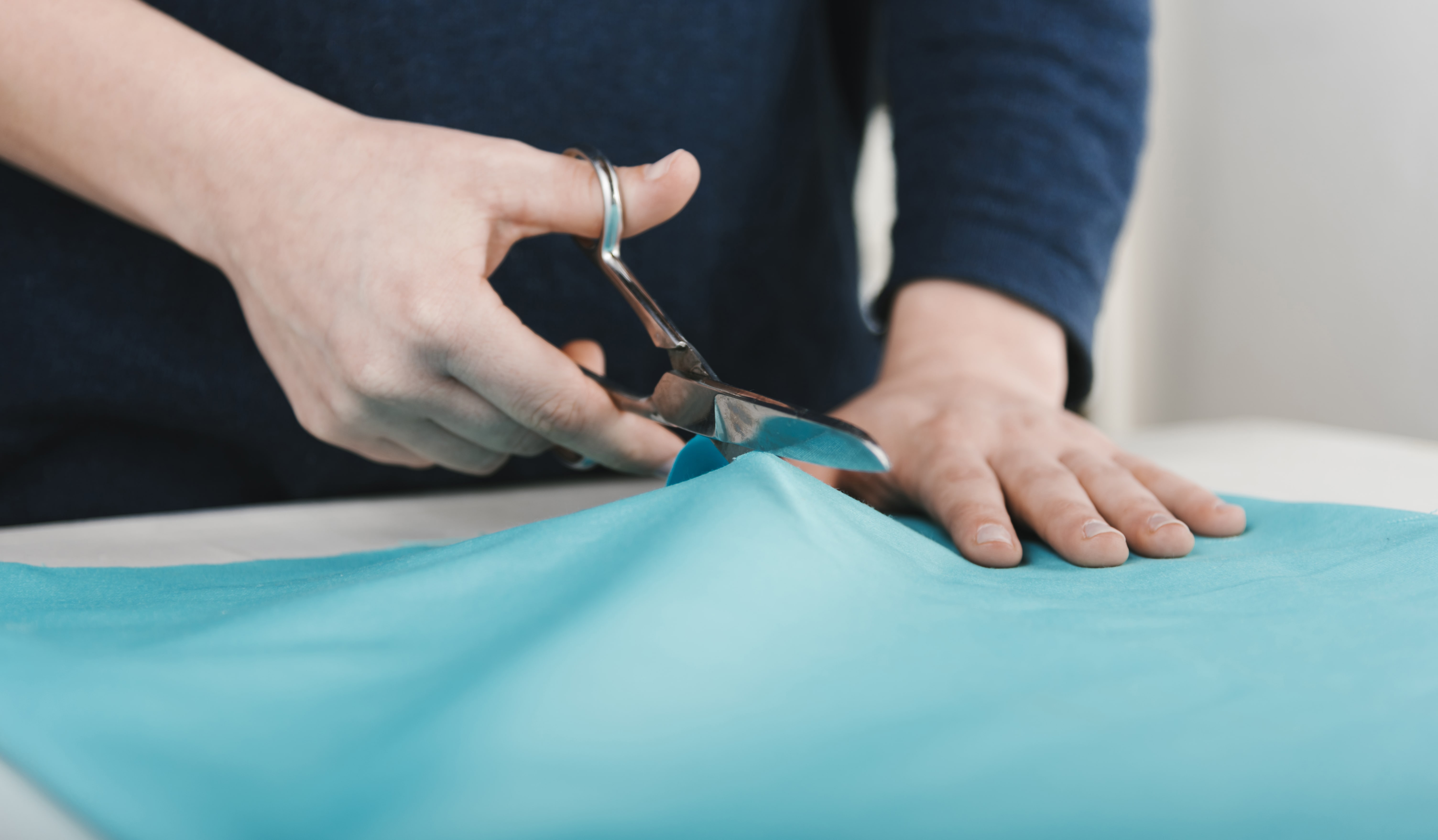
Cutting
PS Apperals start with the cutting process. In this process, the fabric is cut into components (shapes or patterns of different garment parts, i.e. front, back, sleeve, collar shapes etc.). In mass production, multiple layers of fabrics are laid on a table and are cut at a time.
Stitching
Stitching is the process where by a fabric is fashioned into a finished product through different sewing techniques. The stitching stage holds extreme significance to ensure that the product takes its shape according to requirements. In itself, a highly specialized field, stitching requires care and precision.
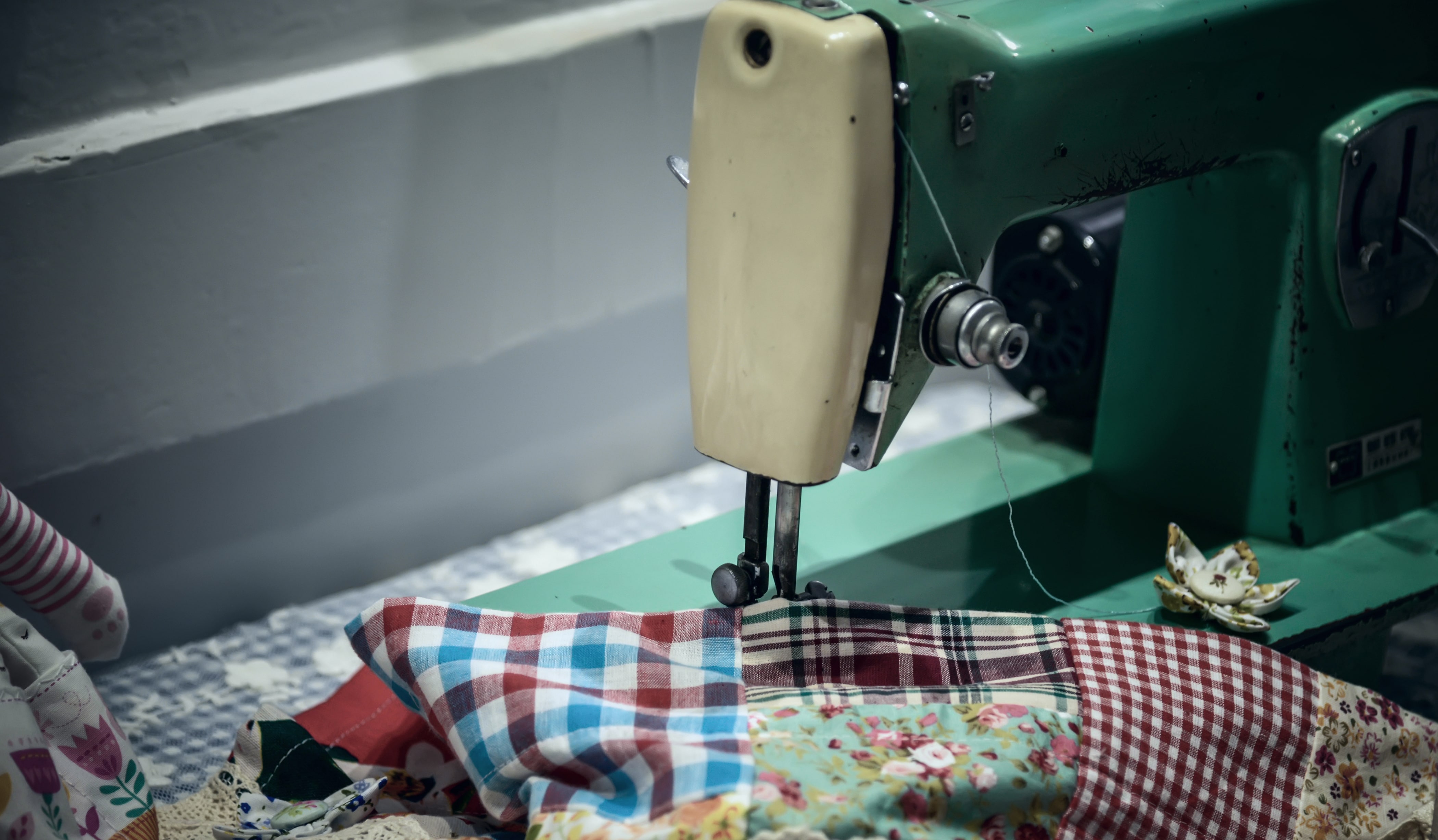
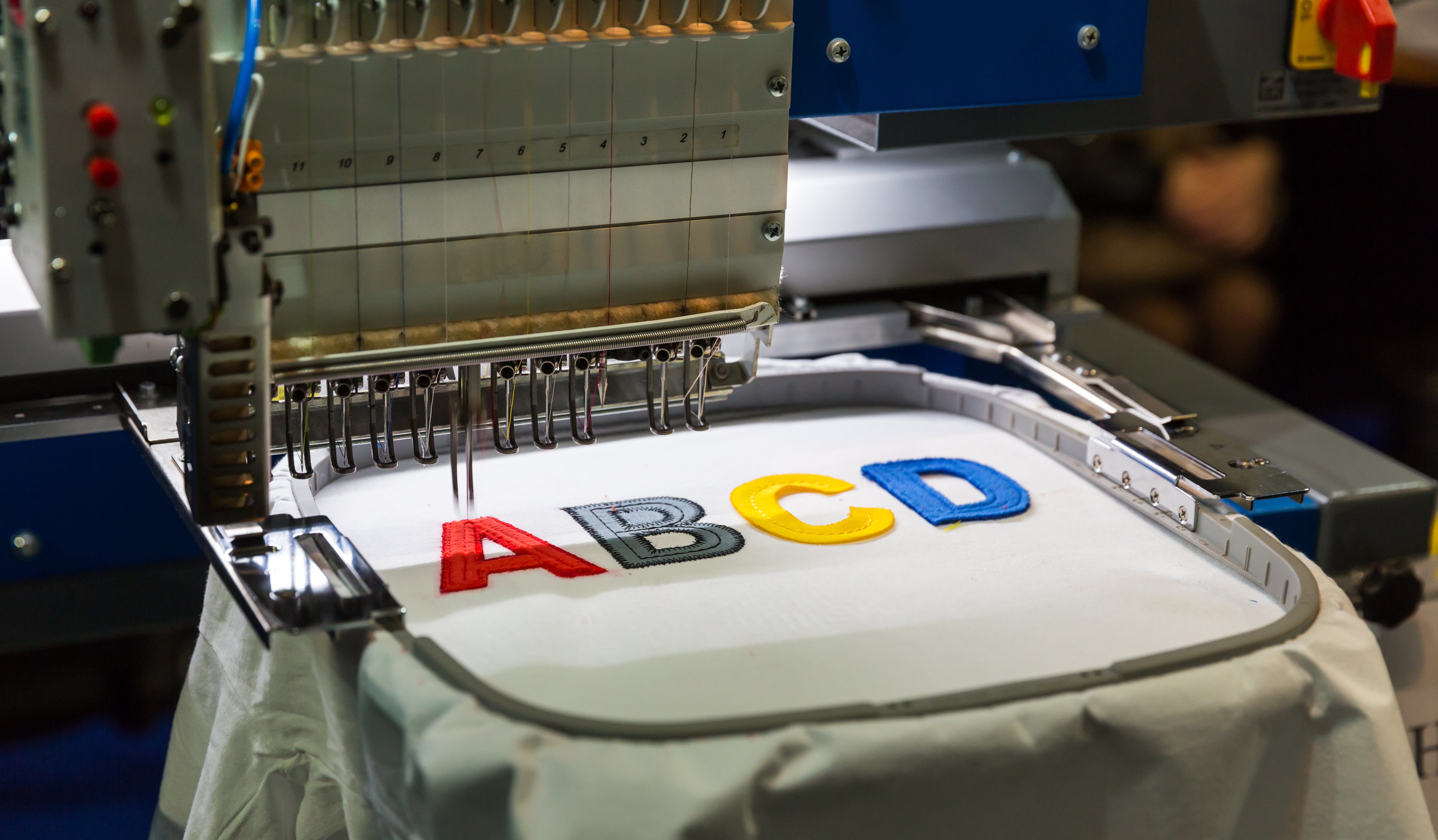
Printing
In PS Apperals, printing is the process of applying color to fabric in definite patterns or designs. In properly printed fabrics the colour is bonded with the fibre, to resist washing and friction.
Checking
Our quality control and testing services help textile mills, manufacturers, importers, and retailers ensure that their products meet their quality standards and the requirements of their destination markets. We provide detailed same-day inspection reports and a 48-hour turnaround on lab tests, giving you the fast and reliable results you need to make an informed decision for your textile supply chain.
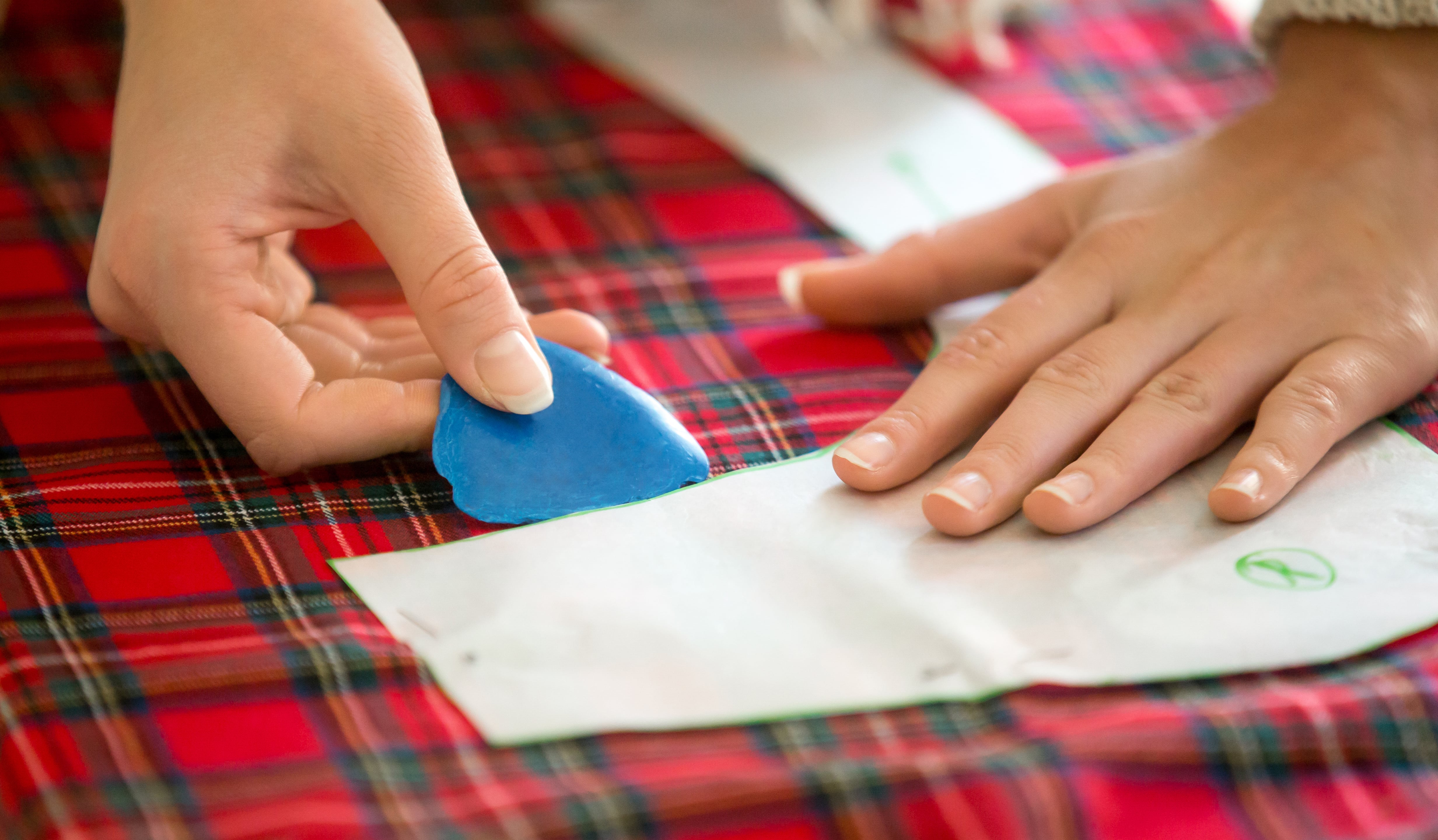

Finishing
In PS Apperals, finishing refers to the processes that convert the woven or knitted cloth into a usable material and more specifically to any process performed after dyeing the yarn or fabric to improve the look, performance, or "hand" (feel) of the finished textile or clothing.
Packing
It’s the last section of the PS Apperals. Packing is the procedure of wrapping, compressing, filling or creating goods for protection to their appropriate handling. This is the concluding procedure inward the production of garments, which prepares the finished trade for delivery to the customer. It is an of import part of PS Apperals.
